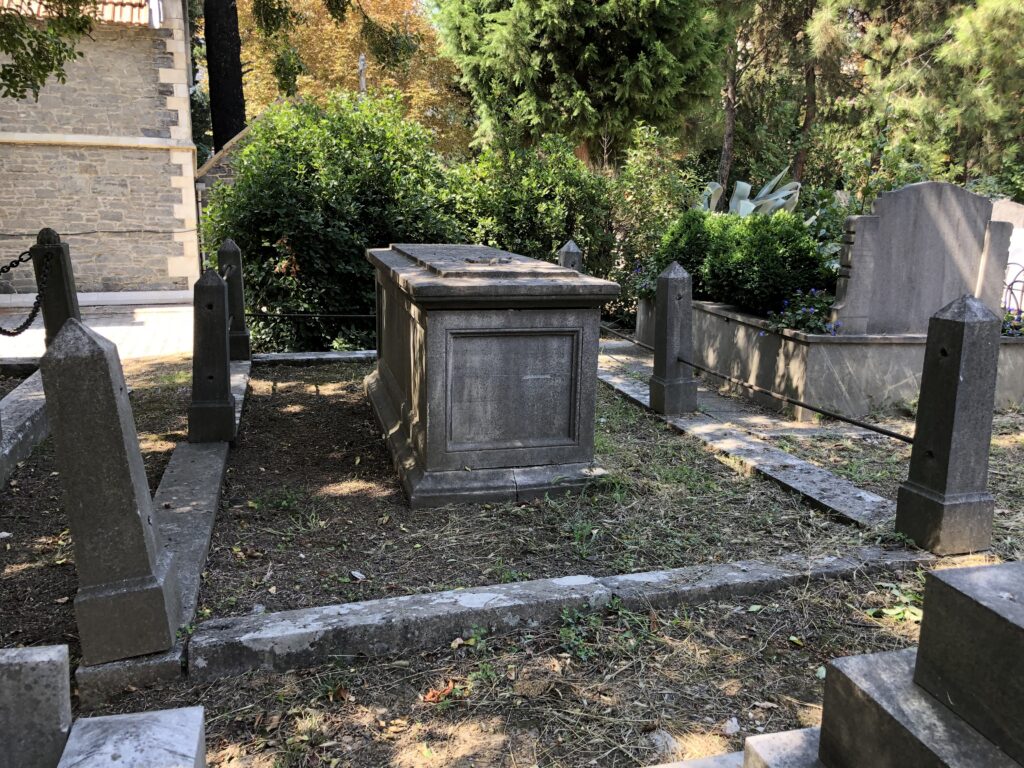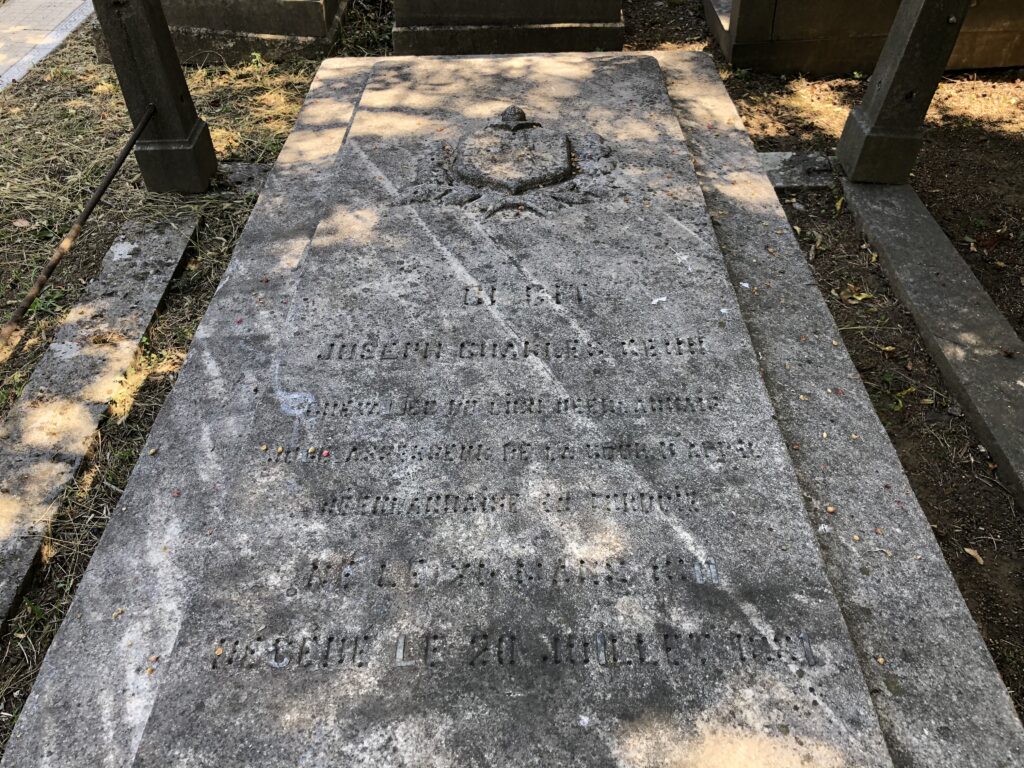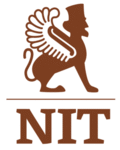by Berken Vis
From April to June 2025, I had the opportunity to spend two and a half months in Istanbul at the Netherlands Institute in Turkey (NIT), as part of the Feriköy Cemetery Project. This stay was especially valuable as I was in the final phase of completing my Bachelor’s degree in History at Utrecht University. My research focuses on the Keun family, a prominent Dutch-Levantine family. The first member of the Keun family to settle in the Ottoman Empire was Bernardus Keun, a Dutch Reformed minister who arrived in Smyrna in 1755. Over the course of several generations, the Keun family became firmly rooted in the social and institutional fabric of Ottoman Turkey. By the 19th century, they played prominent roles in cities like Istanbul and Izmir, serving as consuls, dragomans, merchants and more controversially participating in the opium trade.


This research was conducted in the context of the Dutch Consulate’s chairmanship of the Feriköy governing board. This ongoing international project brings together consular representatives, historians, and heritage experts to document, preserve, and study the Protestant cemetery of Feriköy, where many 19th- and early 20th-century Europeans , among them Dutch citizens, were buried. As is often the case with archival material, the documents I worked with were scattered, fragmentary, and often difficult to access. I spent many hours going through consular records, correspondence, legal files, and estate papers held at the Dutch National Archives, as well as relevant materials from the Ottoman archives. During my time at the NIT, I was able to consult both local archival materials and secondary literature, and to work in close proximity to sites relevant to my case study. This allowed me to reconstruct key aspects of the Keun family’s presence in the Ottoman Empire. The outcomes of my research into the Keun family will be published in The Ledger, the journal of the Feriköy Cemetery Initiative.
As someone with a half Dutch, half Turkish background, and having grown up between both cultures, my time in Istanbul was not only academically enriching but also personally meaningful. It offered a unique opportunity to reconnect with a place that has always felt both familiar and new. Exploring its museums, religious and historical landmarks, lively street markets, and, most importantly, its people has been an unforgettable experience.

I also want to thank the other research fellows. Whether during shared lunches, evening walks, your stories, humour, and perspectives made this time much more than just research. A special thanks to Dr. Fokke Gerritsen and Dr. Aysel Arslan for their support and warm hospitality. I would also like to express my thanks to the staff of the Dutch Consulate in Istanbul for their cooperation and involvement, in the Feriköy Cemetery Initiative. My stay at the NIT was incredibly rewarding, and I look forward to returning to Istanbul in the future. This experience was only the beginning of a much longer journey.
